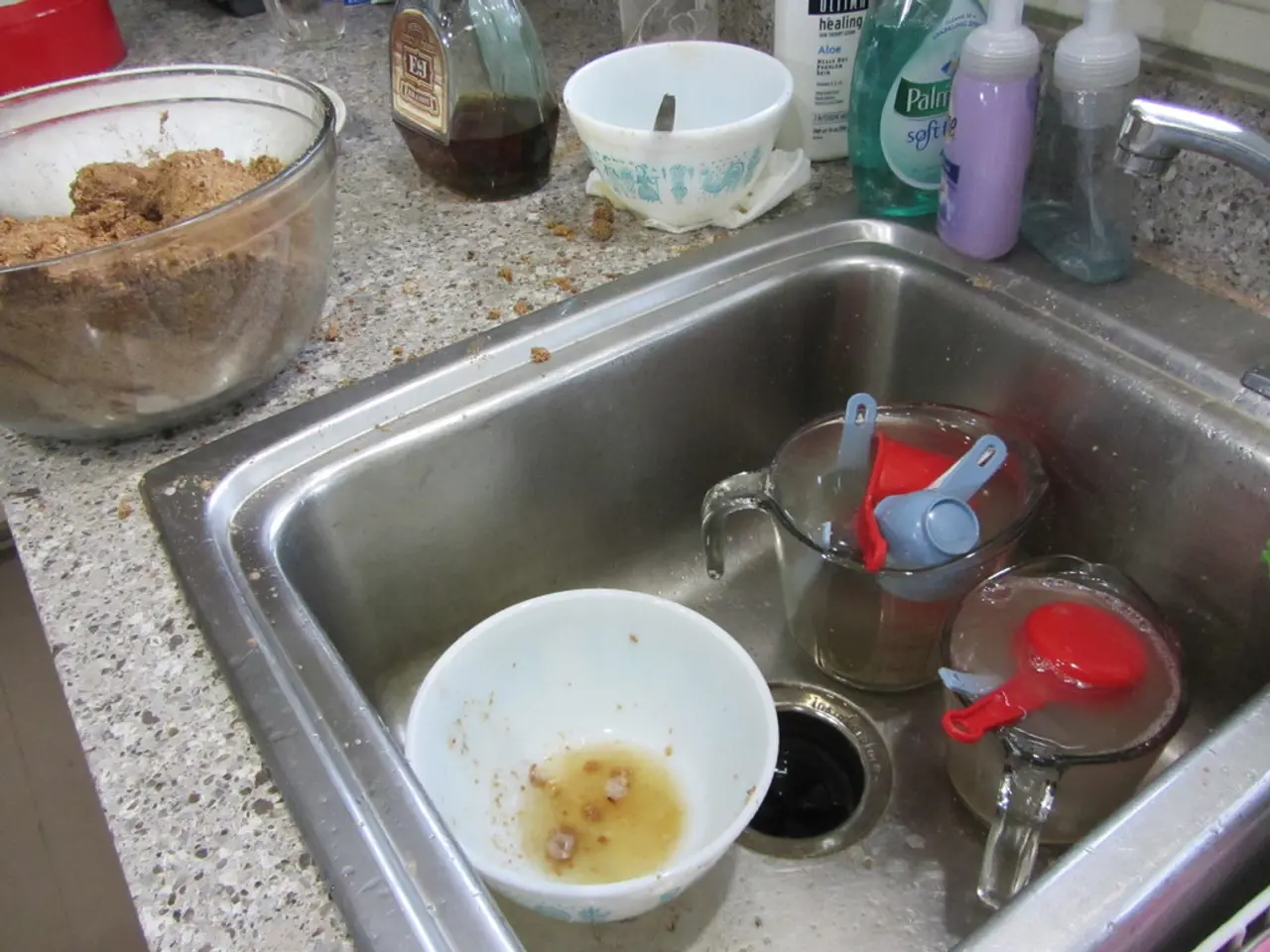Don't Wash Off After Brushing Teeth: Apparently, This Is a Mistake
The National Health Service of the United Kingdom recommends a surprising change in dental hygiene habits: instead of rinsing your mouth with water after brushing, spit out the toothpaste and let the fluoride and active ingredients remain on your teeth.
This advice is grounded in scientific evidence, as clinical trials have shown that rinsing with water significantly reduces the post-brushing fluoride reservoir. The habit of rinsing, which was taught in childhood, is now being reconsidered in adulthood due to its impact on the benefits provided by fluoride toothpaste.
Dentists advocate for this approach as it allows the fluoride and active ingredients in the toothpaste to remain on the teeth longer, enhancing their protective and remineralizing effects. By keeping a protective film of fluoride on teeth, this method aims to slow mineral loss during acid attacks and speed repair when the pH rises.
The rationale behind this change is simple: rinsing with water dilutes the beneficial high-concentration fluoride from the toothpaste, reducing its effectiveness in protecting teeth. On the other hand, no-rinse methods consistently leave more fluoride to protect teeth.
A study from Göteborg University in Sweden found that rinsing with a large volume of water significantly reduces fluoride levels in saliva, interdental fluid, and plaque. This finding is supported by a large body of published science, with universities from Europe to the US to the Philippines all arriving at the same conclusion and proposing similar guidance regarding toothpaste, brushing, and rinsing.
Saliva plays a role in maintaining oral health, but it's less effective than fluoride in protecting teeth. Fluoride helps in tooth remineralization, a process that slows mineral loss during acid attacks and speeds repair when the pH rises.
A 2009 study found that participants who rinsed with water after brushing had a markedly steeper fluoride clearance curve, with fluoride levels often returning to baseline within 30 minutes. Another study confirmed that not rinsing increases fluoride concentration in the mouth and keeps fluoride locally in the mouth instead of appearing in blood levels.
A three-year trial in Kaunas, Lithuania, found that daily supervised fluoride use had such a powerful positive impact that it overwhelmed subtle differences in rinsing habits. This suggests that the benefits of not rinsing are significant and can contribute to improved oral health.
The American Dental Association also suggests spitting out toothpaste and avoiding the use of water after brushing for the same reason. By adopting this simple change, we can potentially improve our dental health and enjoy the full benefits of our fluoride toothpaste.
Read also:
- Nightly sweat episodes linked to GERD: Crucial insights explained
- Antitussives: List of Examples, Functions, Adverse Reactions, and Additional Details
- Asthma Diagnosis: Exploring FeNO Tests and Related Treatments
- Unfortunate Financial Disarray for a Family from California After an Expensive Emergency Room Visit with Their Burned Infant








